Quinoa has gained popularity in recent years due to its impressive nutritional profile and numerous health benefits. This ancient grain, native to the Andean region of South America, has been cultivated for thousands of years. In this article, we will delve into the history of quinoa, explore its exceptional nutritional composition, discuss its potential health benefits, provide tips on incorporating it into your diet, and highlight important precautions to consider.
An Ancient Grain
Quinoa, scientifically known as Chenopodium quinoa, has been cultivated for over 5,000 years in the Andean region, primarily in Peru, Bolivia, and Ecuador. It was a staple food for the Incas and played a vital role in their diet and culture.
In recent decades, quinoa has gained international attention for its exceptional nutritional value, leading to increased cultivation and consumption worldwide. It is now recognized as a superfood and has become a popular choice for health-conscious individuals.
Nutritional Profile of Quinoa
- Protein Powerhouse: Quinoa is a complete protein source, meaning it contains all nine essential amino acids. This makes it an excellent option for vegetarians and vegans seeking to meet their protein needs. A 1-cup serving of cooked quinoa provides around 8 grams of protein.
- Essential Nutrients: Quinoa is rich in essential nutrients such as dietary fiber, iron, magnesium, phosphorus, and folate. It also contains significant amounts of vitamins B1, B2, and B6, as well as vitamin E.
- Healthy Fats: Quinoa contains heart-healthy fats, including omega-3 fatty acids and monounsaturated fats, which contribute to overall well-being and support brain health.
Health Benefits of Quinoa
- Promotes Heart Health: The high fiber content in quinoa supports cardiovascular health by helping to lower cholesterol levels and reduce the risk of heart disease. Quinoa’s magnesium content also contributes to maintaining healthy blood pressure levels.
- Supports Digestive Health: The fiber in quinoa aids in digestion and helps prevent constipation. It promotes a healthy gut microbiome and supports overall digestive function.
- Provides Antioxidant Protection: Quinoa contains various antioxidants, including quercetin and kaempferol, which help protect the body against oxidative stress and inflammation, reducing the risk of chronic diseases.
- Blood Sugar Regulation: Quinoa has a low glycemic index, which means it releases glucose into the bloodstream slowly, preventing spikes in blood sugar levels. This makes it a suitable grain option for individuals with diabetes or those aiming to manage their blood sugar levels.
Incorporating Quinoa into Your Diet
- Versatile Grain: Quinoa can be used as a substitute for rice, couscous, or pasta in various recipes. It can be enjoyed as a side dish, added to salads, soups, stews, or used as a base for nutritious grain bowls.
- Breakfast Options: Start your day with a protein-packed quinoa porridge, or add cooked quinoa to your favorite breakfast smoothie for an added nutritional boost.
- Baking and Snacking: Quinoa flour and flakes can be used in baking recipes such as bread, muffins, and cookies. Quinoa flakes also make a nutritious addition to homemade granola bars or energy bites.
Precautions and Considerations:
- Saponin Removal: Quinoa naturally contains a bitter-tasting compound called saponin, which can be removed by rinsing the grains thoroughly before cooking or opting for pre-rinsed quinoa available in stores.
- Allergies and Sensitivities: Although rare, some individuals may experience allergic reactions or digestive discomfort when consuming quinoa. If you have known grain allergies or sensitivities, please use caution.
Quinoa is a versatile and nutrient-dense grain that offers a wide array of health benefits. Its exceptional nutritional profile, including high protein content, essential nutrients, and antioxidants, makes it a valuable addition to a balanced diet. By incorporating quinoa into your meals creatively, you can enjoy its unique flavor and harness its numerous health advantages while considering any necessary precautions.
Image by Bernadette Wurzinger from Pixabay
Grains, Beans, and Lentils
-

Why Grains Can Make Your Gut Healthy and Happy
The health of our gut plays a vital role in overall well-being, and maintaining a balanced and diverse gut microbiota is essential for optimal digestion and immune function. One key component in promoting gut health is dietary fiber, and grains are an excellent source of this essential nutrient. This article explores the relationship between grains…
-

The Power of Oatmeal: Tips for Choosing the Best Option
-

Lentils Can Improve Your Heart Health
-

Creative Ways to Cook and Enjoy Lentils in Everyday Meals
-

Debunking Common Myths about Gluten: Separating Fact from Fiction
-

How Lentils in Your Diet Can Help Shed Extra Pounds
-

How to Consume Whole Grains For Heart Health: Examining the Link and Best Dietary Practices


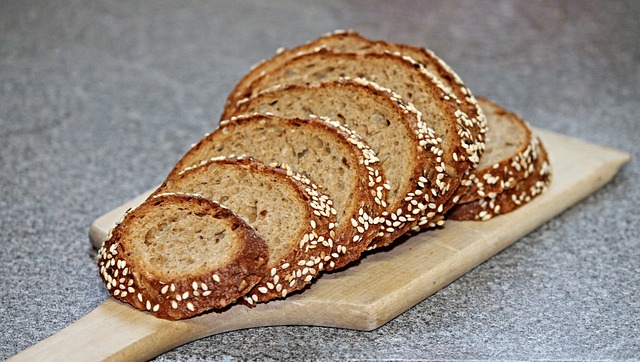
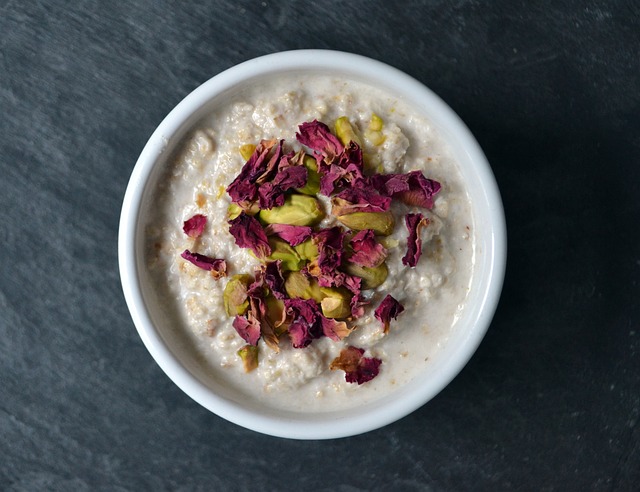
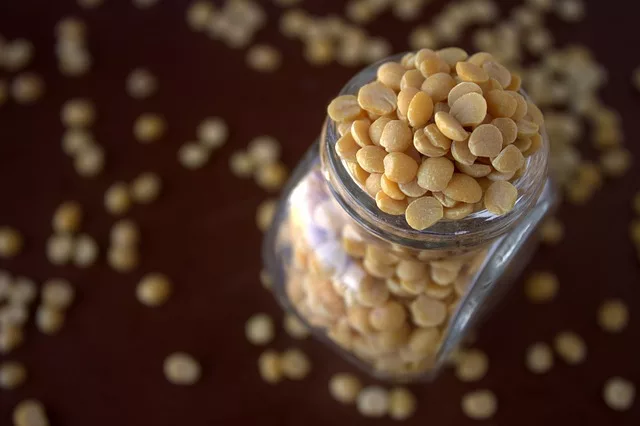
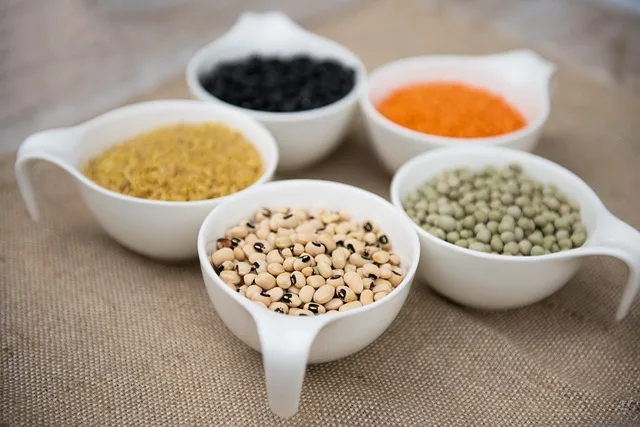
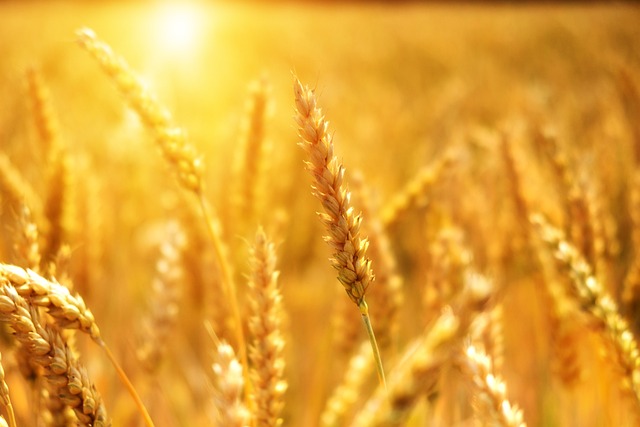
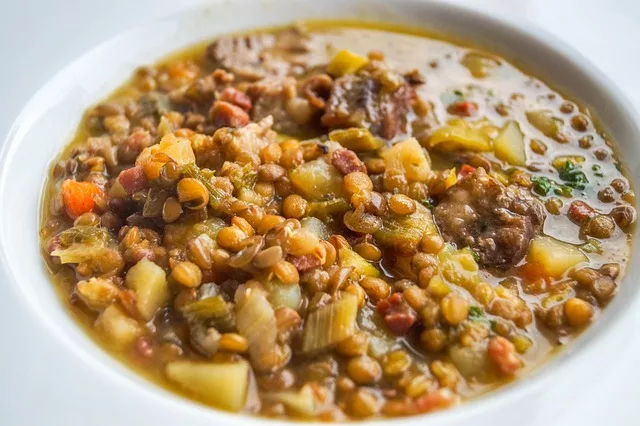
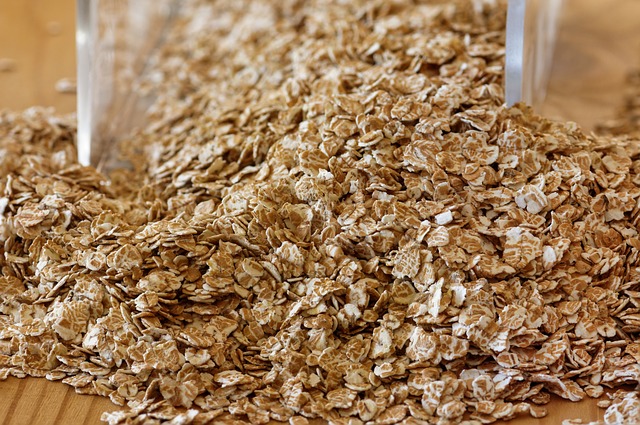
Leave a Reply